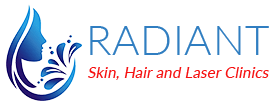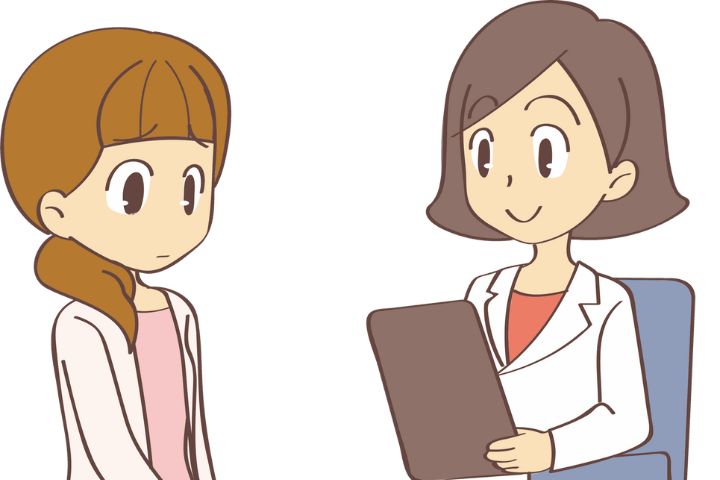After giving birth, many new mothers experience changes in their skin and hair that can feel overwhelming. However, understanding these changes and knowing how to care for your body during the postpartum phase can make a significant difference in how you feel. Pregnancy brings many visible and invisible changes, such as hyperpigmentation and hair thinning, which can continue into the postpartum period. Moreover, taking simple yet effective steps to care for your skin and hair can help you manage these changes with ease.
Postpartum Skin Care: How to Take Care of Your Skin After Giving Birth
- Hydrate Often to Keep Your Skin Moist
After delivery, your skin will probably dry out, especially due to the constant washing and other changes your skin undergoes. To combat this, moisturize regularly. This will hydrate your skin and preserve the natural barrier. Lock in moisture after showering or washing your face using fragrance-free and gentle moisturizers.
- Use a Mild Cleanser to Minimize Skin Irritation
When looking after your skin after pregnancy, using a gentle, non-stripping cleanser is crucial. Severe cleansers can strip your skin of its natural moisture. Opt for a moisturizing product that keeps your skin soft and moist. Moisturizing will keep your skin away from dryness and irritation while at the same time maintaining a healthy barrier.
- Take Stress-Free Time for Yourself
Postpartum stress can cause problems such as eczema or acne in your skin. While it’s not easy to limit stress at this time, try to minimize stress. Request household tasks or baby care and make time to take a break when necessary. A stress-free brain lends to healthier skin so that it heals faster from postpartum changes.
- Avoid missing sunscreen to minimize the risk of hyperpigmentation
Hyperpigmentation during or following pregnancy requires the utmost protection of your skin from exposure to UV rays. Even though you have a darker skin tone, applying sunscreen every day may help to resist dark spots from worsening. Apply a broad-spectrum sunscreen at least SPF 30 and reapply it over the course of the day to maintain its protective effects on your skin.
Postpartum Hair Care Tips in Managing Hair Change After Birth
- Be Tender with Your Locks to Prevent Damage
Hair loss is usually common in the postpartum period; however, you can minimize further hair shedding by being gentle with your hair. Reduce tight hairstyles and excessive brushing, as these actions can damage your hair. Alternatively, if you must use heat styling tools, keep the temperature at its lowest level so you won’t damage your hair while it’s regrowing.
- Use the Right Shampoo and Conditioner for Your Hair Type
Postpartum hair may be drier than normal. To help, use products designed for your hair type. Use rich conditioners for textured hair that add moisture, and deep conditioning is something you must do frequently. This will nourish and hydrate your hair to come back stronger and healthier.
- Consider Supplements for Healthier Hair Growth
Although postpartum hair loss is temporary, the right nutrients may support hair growth. Be sure to get your fill of vitamin D, iron, and folate, which contribute to healthy hair. If you suspect you are deficient in any of these or other nutrients, communicate your concerns with your healthcare provider. They may prescribe supplementary things that can hasten recovery.
- Go for a Volumizing Hairstyle for a Fuller Look
As the hair starts to grow, you might see thin patches or sparse places. You could opt for a haircut that makes it look full and creates volume. Layered cuts or a chop can give your hair a thicker appearance, and this can help build your confidence while you wait for your hair to come back to its pre-pregnancy state.
Iwhile pregnancy brings many changes to your body, most postpartum skin and hair issues are temporary and will resolve over time. However, adopting a few simple self-care tips, such as reducing stress, using gentle cleansers, staying hydrated, and protecting your skin from the sun, can make a significant difference. Moreover, being gentle with your hair and considering supplements may help with hair regrowth.
Also, it’s essential to consult a dermatologist if issues like acne or severe hair loss persist. Remember, your body has gone through a lot, and taking small steps towards self-care can help you feel more comfortable during this new phase.



